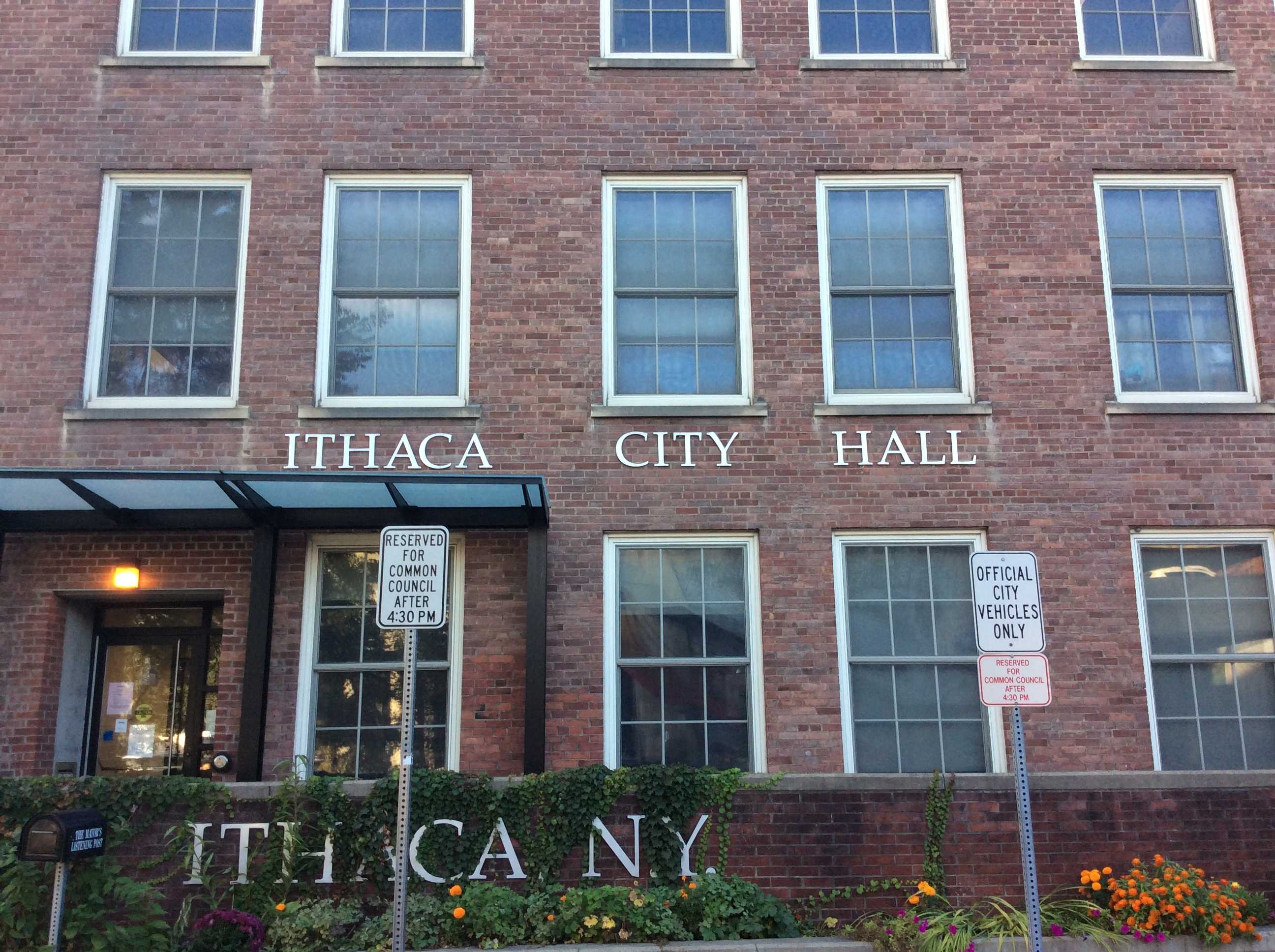Key Points:
- The Ithaca Common Council approved the change unanimously in September.
- Other cities across the country are also replacing Columbus Day.
- The shift is an attempt to recognize the Indigenous People who were displaced from land they occupied first.
After the Ithaca Common Council unanimously approved the change in September, the City of Ithaca officially recognized Indigenous Peoples’ Day on Oct. 9, replacing what was previously Columbus Day.
Nationally, Ithaca joins cities such as Los Angeles, Seattle, Denver and Albuquerque in replacing Columbus Day with Indigenous Peoples’ Day.

In some of those other cities, the change has generated controversy. For example, Italian-American civic groups protested when Los Angeles replaced Columbus Day. But Ducson Nguyen, alderperson for Ithaca’s Second Ward, said he hasn’t heard any complaints from the Ithaca community about the change.
Why the Change?
Nguyen, who introduced the ordinance replacing Columbus Day to the Common Council, believes the change represents an acknowledgement of the pain and suffering spurred by the arrival of Columbus on the North American continent.
“He kicked off colonialism and genocide that still exists today,” Nguyen said. “And we’re in a community that values honoring Indigenous culture more than that culture.”
He said replacing Columbus Day with a day that honors Indigenous People is particularly important because Ithaca is built on land that belonged to the Cayuga Nation — a Finger Lakes region tribe. For this reason, Nguyen worked with the Cayuga Nation when drafting the ordinance. (No one at the Cayuga Nation was available for comment.)

Ron Denson, a professor at Ithaca College who teaches a class on Indigenous culture, said replacing Columbus Day represents a step in the right direction. Denson said he is glad that Ithaca purposely changed out Columbus Day for Indigenous Peoples’ Day. Because of the systematic displacement of Indigenous People that European exploration of the Americas spurred, he said simply adding Indigenous Peoples’ Day while maintaining Columbus Day would have constituted another injustice.
Gustavo Licon — a professor in the Center for the Study of Culture, Race and Ethnicity (CSCRE) at Ithaca College — also applauded the replacement of Columbus Day. Licon said he has never seen the sense in celebrating the explorer.
“Columbus never set foot in the United States,” Licon said. “And yet we live on stolen land of Indigenous People who are still here and we don’t consider them and focus instead on Columbus for some reason.”
Events on October 9?
Nguyen said the City of Ithaca didn’t hold any events to commemorate Ithaca’s first Indigenous Peoples’ Day. But he encouraged Ithacans to use the day as an opportunity to learn about Indigenous culture and honor the people who lived in the area first.
This is what the Ithaca College Student Anthropological Society did, as the group held a gathering on Oct. 9 to recognize Indigenous Peoples’ Day.
The event included a presentation by CSCRE Professor Iokepa Salazar about decolonization. The group then showed the movie “Reel Injun,” a film that dissects the stereotypical depictions of Indigenous People in cinema.
Kasey Gregory, a junior at Ithaca College and the president of the Anthropological Society, said the point of the event was to spur a discussion.
“Any topic that pertains to Indigenous rights and Indigenous Peoples is important to talk about,” she said.
Final Points
Licon said one of the most important parts of replacing Columbus Day is that it moves the focus to Indigenous People.
“The shift to Indigenous People and their culture is simply an attempt to decenter and counteract centuries of Eurocentrism and the celebration of Columbus, who in no way, shape or form should be considered a hero,” he said.

Denson agreed that focusing on Indigenous Peoples’ instead of Columbus is a positive development. But while he believes that replacing Columbus Day represents an example of Ithaca living up to its reputation as a progressive city, he said the explorer was celebrated in the city for far too long.
Still, he said of the change, “better late than never.”






